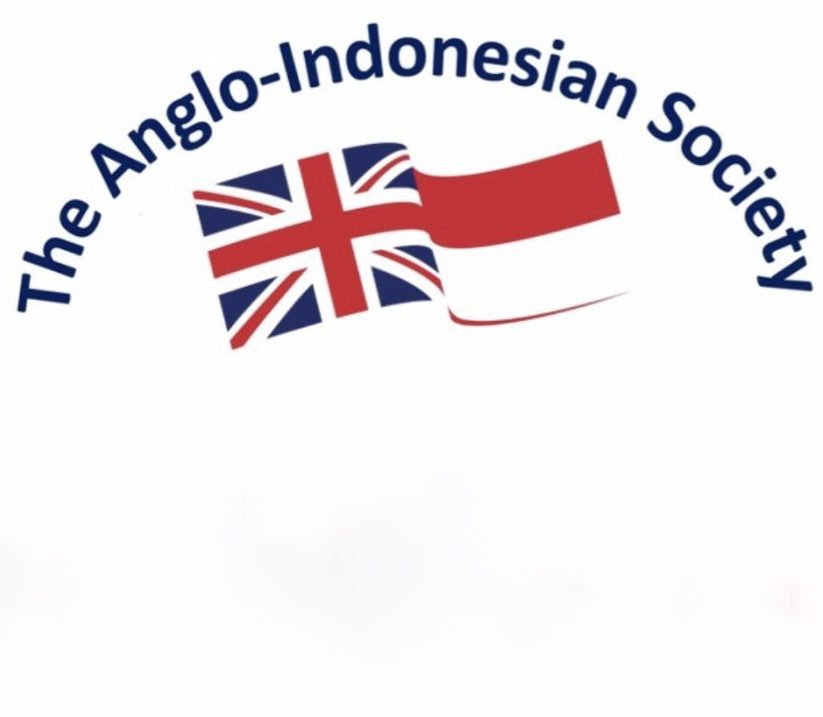St. Matthew’s Westminster
20 Great Peter Street
Westminster SW1P 2BU

Plastic waste in oceans is a major environmental concern affecting the world. Rivers have been found to be the main pathways for plastics – micro and macro – to enter oceans. Like oceans, rivers have become sinks to plastics.
Without effective policies and actions to address plastic consumption and production trends, and management of plastics along its whole value chain, the leakage of plastics into rivers from land will increase. It is estimated that if trends in consumption and production remain unaltered, 12,000 (Mt) approximately will end up in landfills or polluting the global environment by 2050. Harm to biota, and potentially to humans via transfer along the food chain and to drinking water supplies have been documented.
In this talk Azimah Heus looked at the problem of plastic waste leakage in the context of Indonesia. She is passionate about the environment and recently graduated with an MSc in Environmental Technology from Imperial College London where she undertook a thesis on plastic waste leakage into rivers based on Putney on the River Thames. She currently works for the Department for the Environment, Food and Rural Affairs (DEFRA). It is important to note that Azimah’s talk does not reflect the views of the UK government in any way, it is based solely on her views and opinion on the matter.
Azimah was joined by Rhiannon Ashley who works for an environmental charity, Hubbub. Hubbub runs behaviour change campaigns that talk to people about environmental issues in a positive and playful way, using tried and tested behaviour change techniques. In this talk Rhiannon talked through Hubbub’s various anti-litter campaigns and how the same principles could be used in Indonesia.
To find out more about her talk, click Plastic waste leakage_AH
